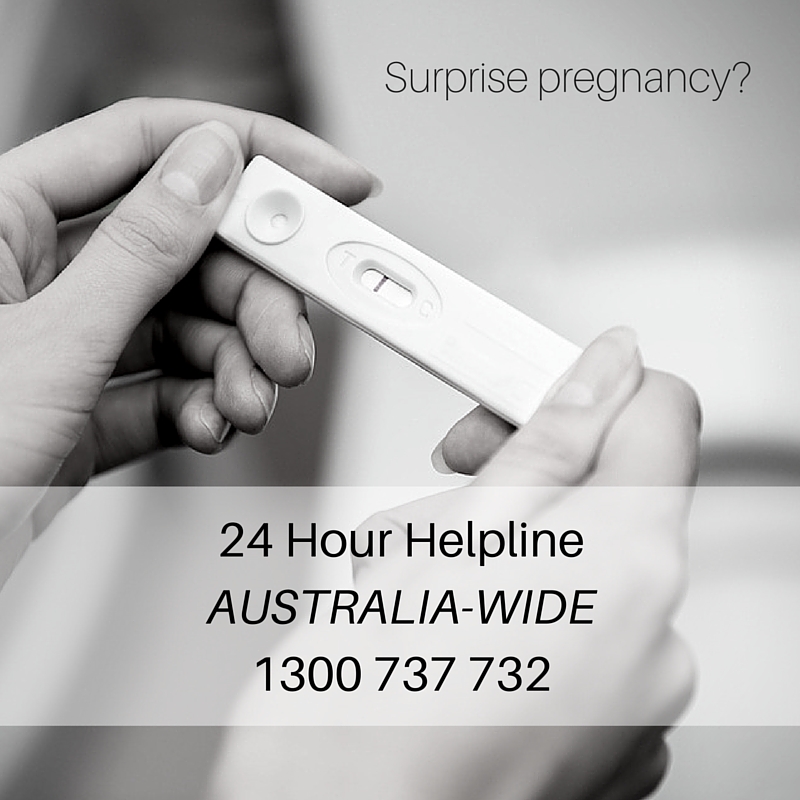Solzhenitsyn and the Abortion Archipelago
Unless otherwise stated, all quotes are from The Gulag Archipelago, Part III, 1918 - 1956, by Aleksandr Solzhenitsyn.
Only a short time after the world’s outcry at Hitler’s injustices in Europe, Stalin reintroduced the katorga, or labor camps into Russia. Tens of millions of ‘political prisoners’, including women and children, were hauled from camp to camp; tortured, abused, murdered.
Aleksandr Solszhenitsen was imprisoned for over ten years in these camps under article 58 as a political prisoner: then in the ’70’s he was expelled from Russia for twenty years, during which time he lived mainly in the US.
Solzhenitsyn compared the atrocities of Stalin to those of the Russian Revolution, when Tolstoi was said to have broken down and wept at the news of an execution of five or twenty prisoners. Tolstoi said he ‘couldn’t go on living, that it was impossible to imagine anything more horrible.’
Solzhenitsyn replied:
It is, however, very easy to imagine things more horrible. It is more horrible when executions take place not from time to time, and in one city of which everybody knows, but everywhere and every day; and not twenty but two hundred at a time, with the newspapers saying nothing about it in print big or small, but saying instead that “life has become better, life has become more cheerful.”
This sounds chillingly like our twenty-first century society, where ‘life has become better, more cheerful’ because men and women need no longer bear the consequences of their sexual activity, now that abortion has become a form of backup contraception. The executions of our preborn children occur daily by the thousands, and tens of thousands.
They, the zealots, could not afford to wait, and so they sanctioned human sacrifice (of others, not themselves) to bring universal happiness nearer!
It isn’t merely a change in law that made this human sacrifice so acceptable.
In fact, abortion is still not legal in many states of Australia, yet abortuaries are able to freely advertise their services. How can this state of affairs exist?
Solzhenitsyn has the answer. He wrote that it was public opinion that played the greatest role in allowing Stalin’s evil regime to flourish.
He said the chief means prisoners had of drawing attention to their injustices, namely protest and hunger strikes, were useless when there was no public support due to the ignorance and indifference of the populace.
Public opinion! I don’t know how sociologists define it, but it seems obvious to me that it can only consist of interacting individual opinions, freely expressed and independent of government or party opinion.
So long as there is no independent public opinion in our country, there is no guarantee that the extermination of millions and millions for no good reason will not happen again, that it will not begin any night - perhaps this very night.
Contemporary pro-life marches and rallies can be likened to Solzhenitsen’s prison mutinies which involved thousands of prisoners. The mutinies did nothing to help the prisoners’ cause due to lack of interest by the media, and by extension, the public. Today even when extremely large crowds gather to protest abortion, such as we see in Washington, Paris and Brazil, public opinion is not changed, due to a consistent media blackout.
This isn’t to suggest that marches have no good fruits or that the pro life cause would be better off without them. (There is a case to be made for cancelling a long-held march when it gives a notable economic boost to pro-choice businesses, but that isn’t the point here.)
The point is that marches are not enough. Because it is when the prolife message is taken to the general public through sidewalk advocacy and prayer vigils that the man on the street must begin to form his own opinion. Social media, blogs, pop-up protests, life displays: all of these forms of outreach are vital if we are to change public opinion.
There is very little hope of changing the mainstream media, but that isn’t the only form of media available to us now. With so many attacks on marriage, family and on life itself, our obligation to speak up is more urgent than ever. If we want to see the end of the archipelago of abortion facilities around our cities, we have to change public opinion in whatever ways are open to us.
Solzhenitsyn can have the last word:
Should we put an end to the Archipelago or not? Or is it there forever? For forty years it has been an ulcer in our flesh - isn’t that enough?


